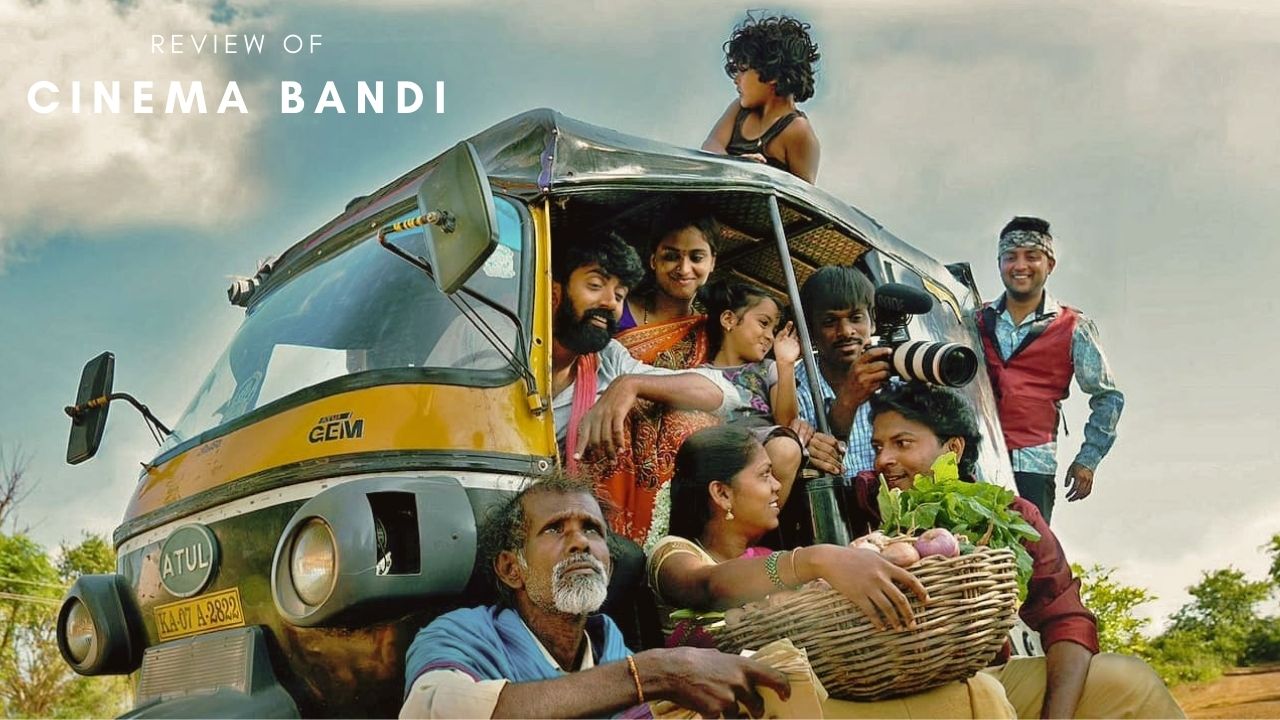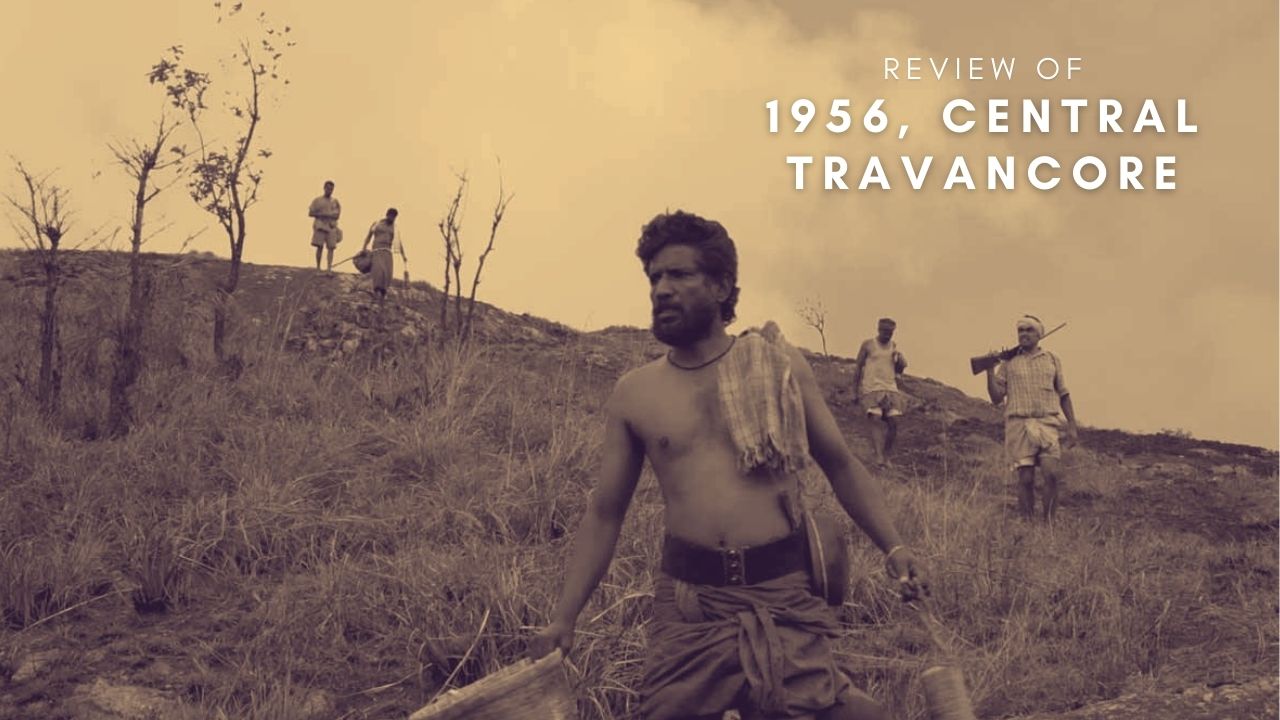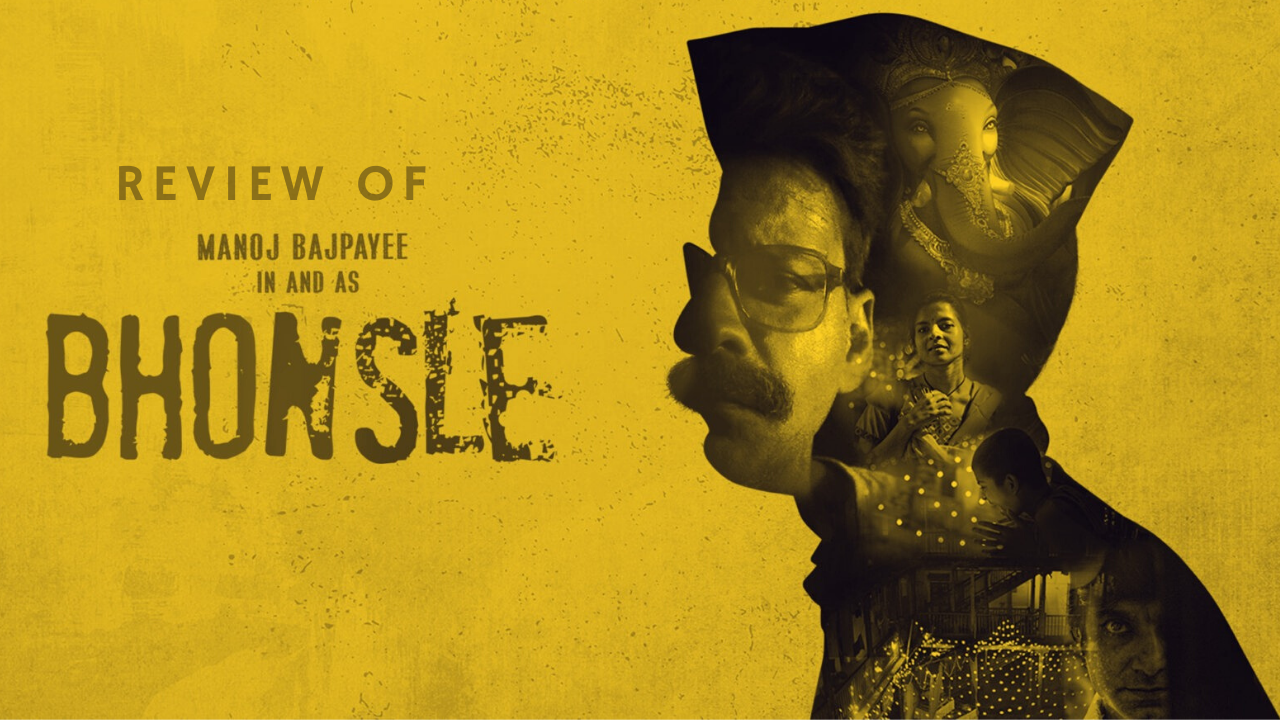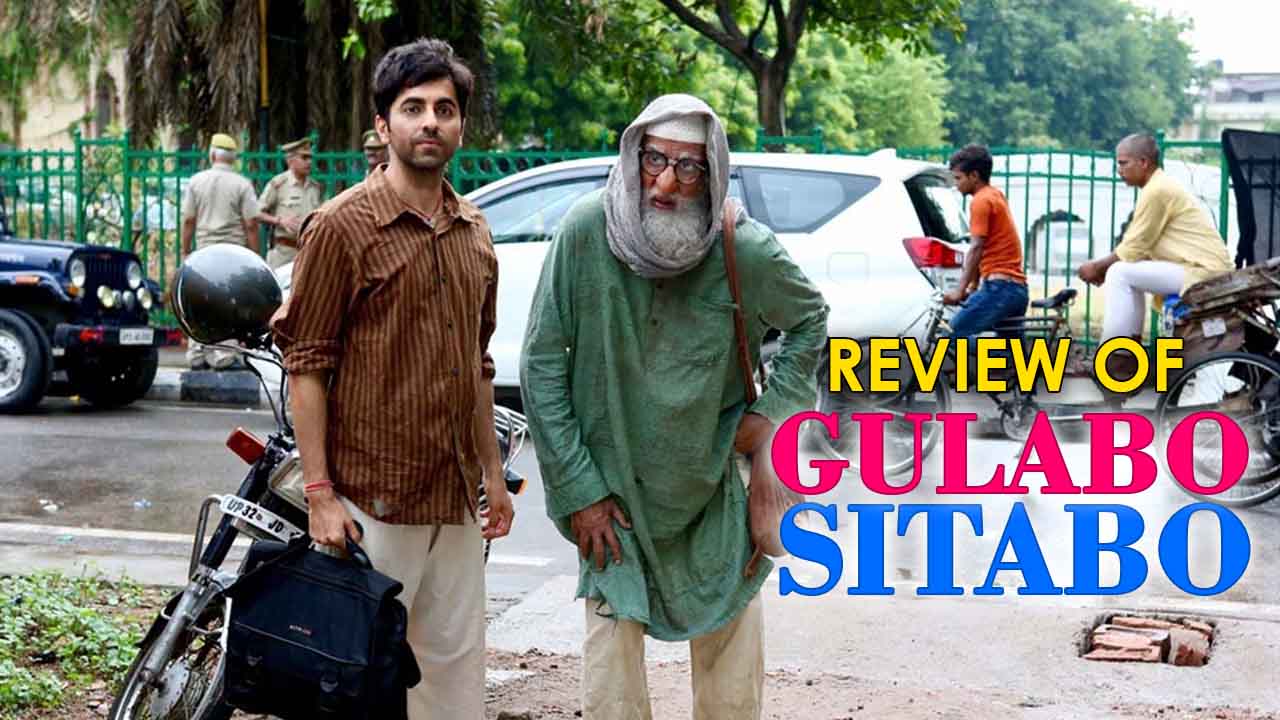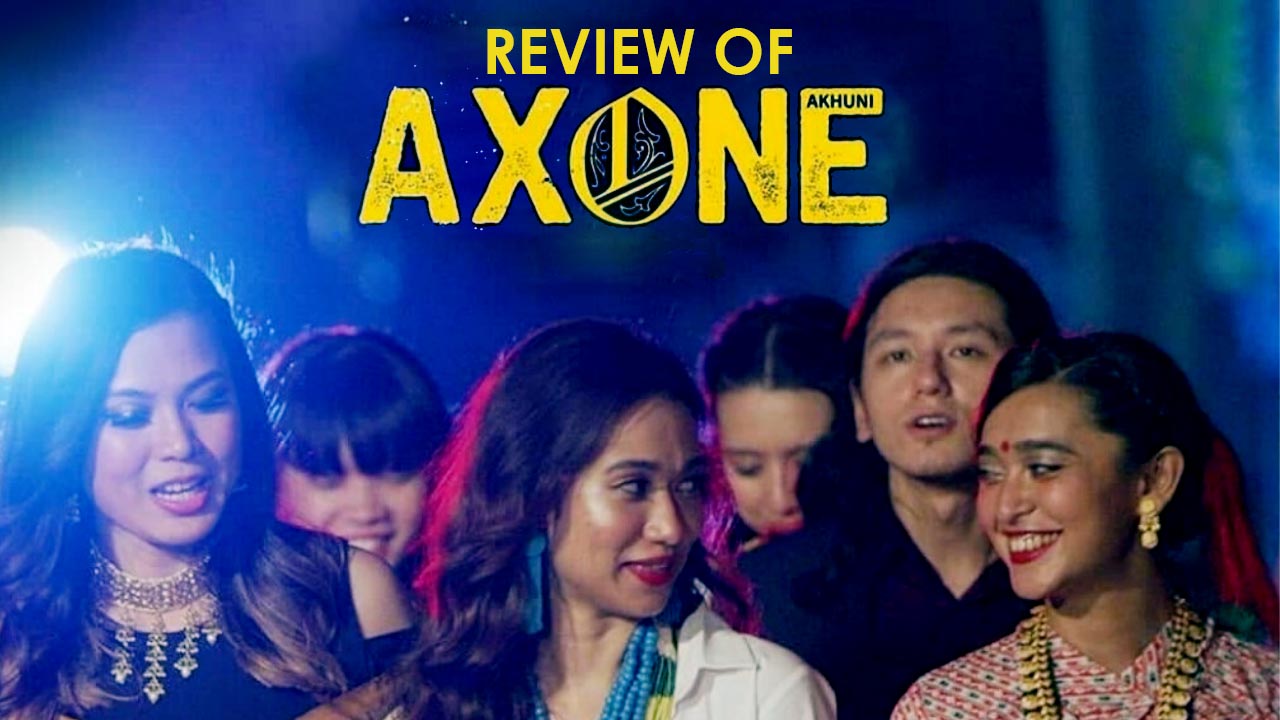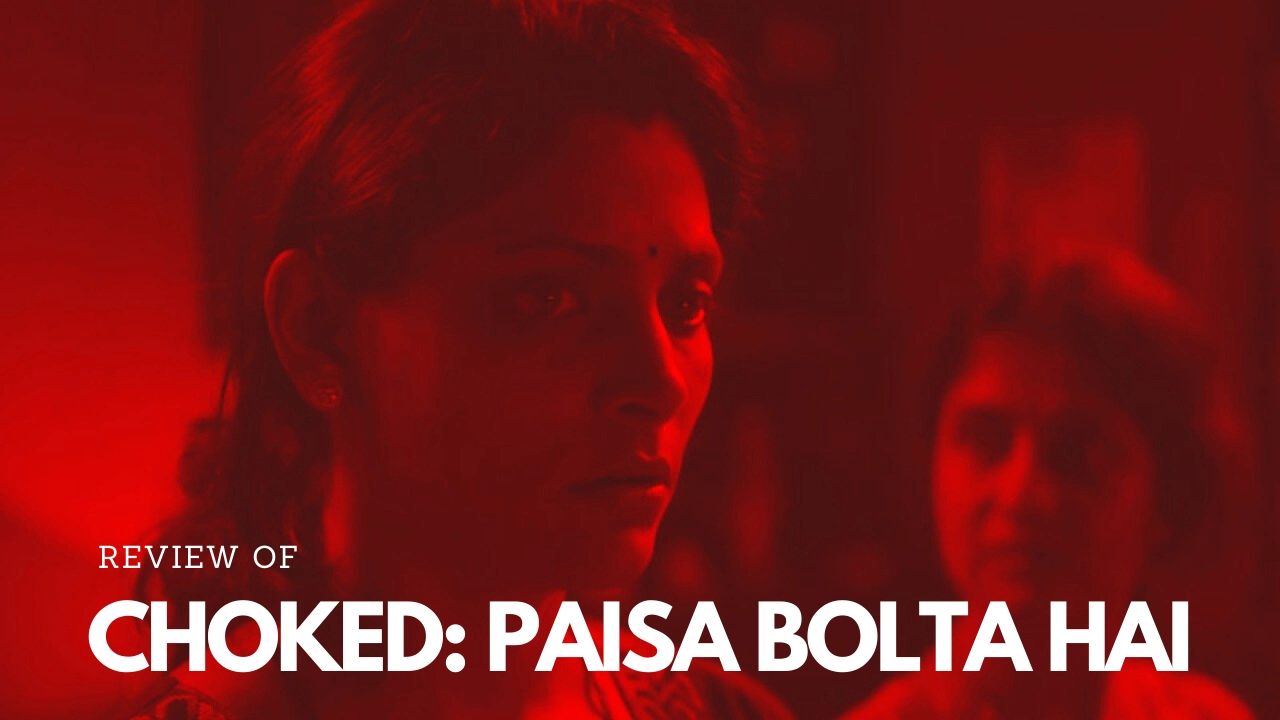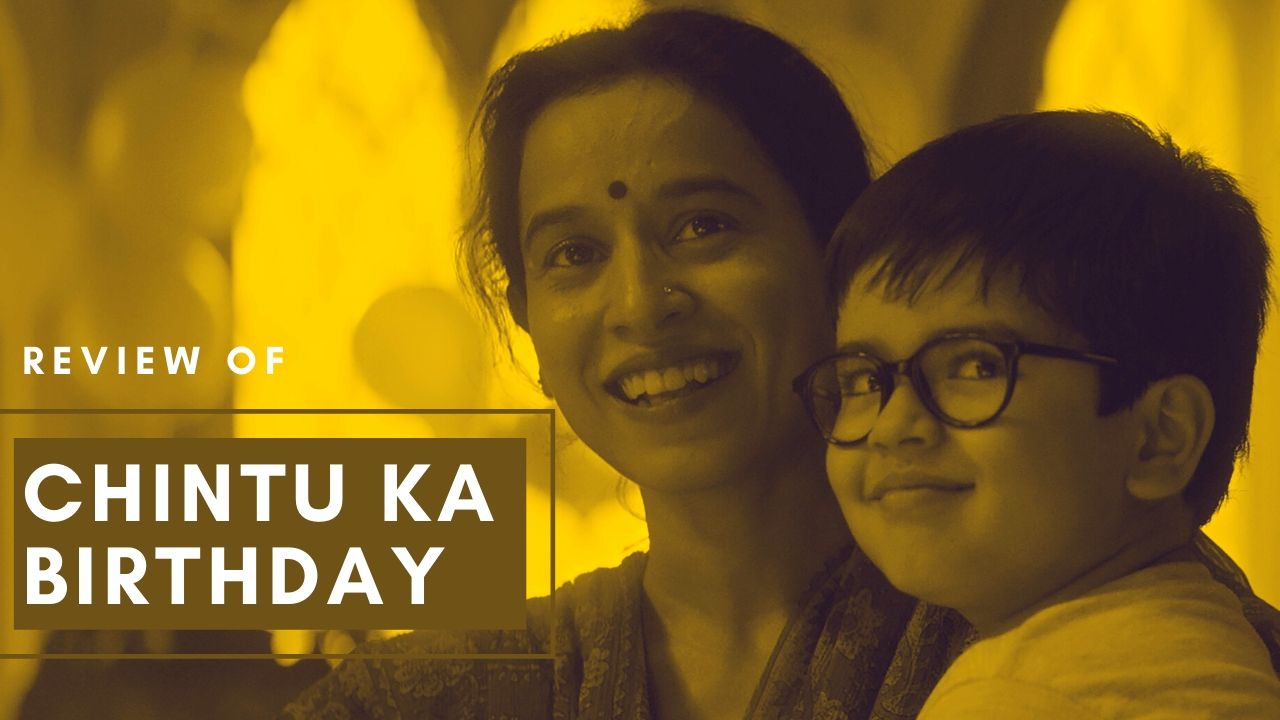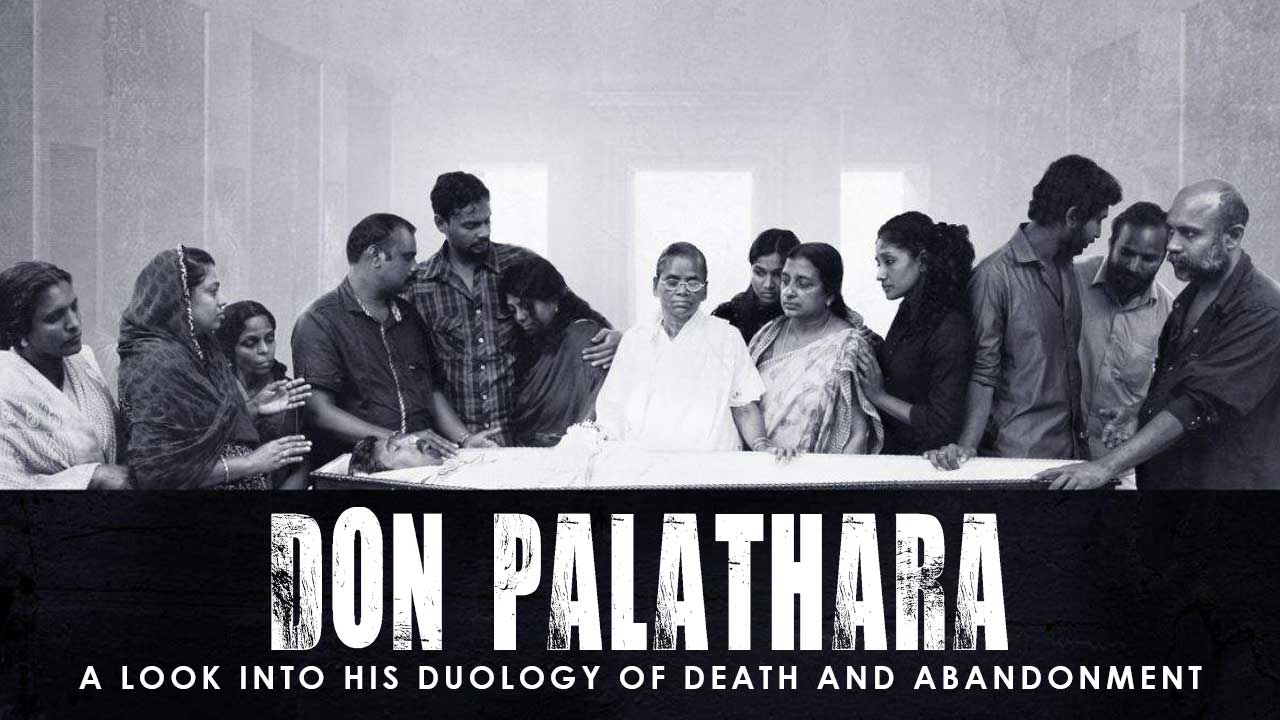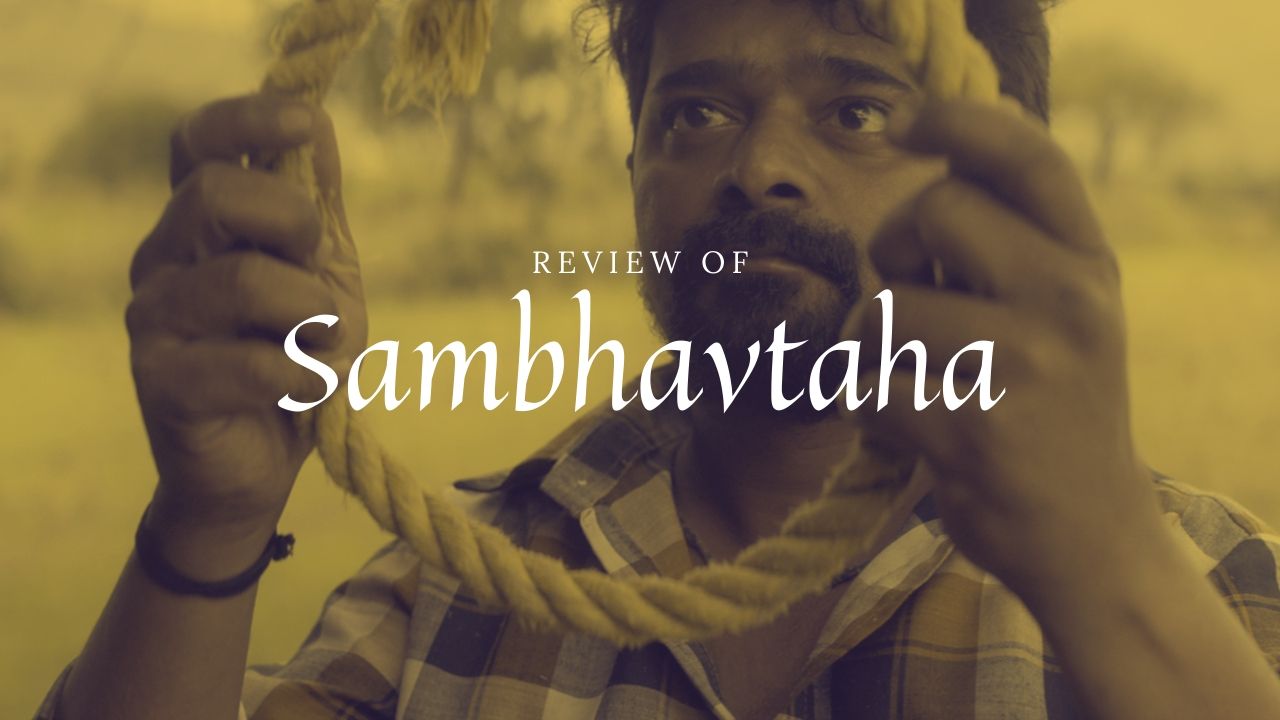
Ankhon Dekhi: An Analysis Of A Man’s Philosophy
Ankhon Dekhi, a Hindi drama feature helmed by Rajat Kapoor came out in 2014. The movie about an aging middle-class thinker and philosopher played ever so perfectly by Sanjay Mishra, garnered much appreciation across film circuits and became a darling of the critics. However, as are most brilliant works, it took it’s own sweet time to appeal to the general movie-goers, who found the storyline, and especially the character arch of Sanjay Mishra to be perplexing, to say the least. Well, of course, he was. But then that was the glorious beauty of it.
To be confusing, unpredictable, and yet soulfully relatable. Sanjay Mishra’s Bhauji came to resonate the plight, of a believer of thoughts. Or perhaps, just one particular thought. That of ‘Seeing Is Believing’. Bhauji over the course of the movie, amongst his personal trials and tribulations, comes to be possessed by this very simple idea. Though there were a million ways that this movie, rolling on this premise, could’ve gone wrong, somehow miraculously the movie manages to tread through to eternal bliss. Saying that the movie is perfect in the way it is made, both delicious and exemplary would only seem like a few adjectives being thrown around to capture its brilliance of thought in a way we can quantify it. Yet, there’s so much more to it. Unquantifiable. And Utterly beautiful.
https://www.youtube.com/watch?v=H3yKUHI2mE4
The Idea Of Film As A Thought Vessel
‘Ankhon Dekhi’ is thus a textbook that every writer and every filmmaker needs to make mandatory reading material. In this age, of urgent and rushed up storytelling techniques, it is heartening to see a movie unfold at a peaceful pace, much like an autumn flower. I personally am an admirer of the gradual progression of characters, their arches, their conflicts, and resolutions. I like to journey with them through time and space. See what they see and live amongst them. This is one point where ‘Ankhon Dekhi’ shines brilliantly. The characters are real, alive and breathing, the ideologies and commentaries, are ones which we hear and heed no claim, the situations are touchingly believable.
Sanjay Mishra’s Bhauji is a man torn between his domestic duties, of being a reluctant breadwinner for the family, and being a free-spirited wandering soul, who questions everything around him. His philosophy of life begets his thirst for finding the truth, his truth, in turn, stuck in tumults of thoughtless minds. He is an observer and a learner and yet bogged down by invisible bonds. Bhauji is all of us if only our inner voices could speak. Hence, to the writer in me, Bhauji, is an achievement in character drafting. One which is almost impossible to recreate.
https://www.youtube.com/watch?v=pfszm6ZtvIo
However, ‘Ankhon Dekhi’ is not just about Bhauji. It is about the breathing city of Meerut, the seductive simplicity of life, and beguiling characters, such as that of emotions driven housewife, a mellowed down brother, and the gang of Bhauji’s parroting followers. And the interactive dynamics between them make for some of the most ingenious scenes of the movie. Take for example a scene where a boy who wouldn’t stop talking, is brought to Bhauji. Bhauji, who is in a self-imposed vow of silence, sits down and just keeps on listening to the boy. Days pass, and then one day the boy literally runs out of words. He manages to speak everything he wants, now that he has someone listening to him. Irony strikes Bhauji when in the very next scene we see him mentally imploring in his silence, wishing for people to listen, without judging him for what he is. This brings tears to his eyes, and eventually, he just resigns it to his fate. This and many more scenes bring out the brilliance of the writing.
In the archive of movies which I always refer to, in order to rekindle my spirits of drama, like, Mani Ratnam’s Kannathil Muthamittal, Shyam Benegal’s Sooraj Ka Saatvan Ghoda, Vikramaditya Motwane’s Udaan and many more – Rajat Kapoor’s Aankhon Dekhi is an invaluable addition. Take my word for it. If you haven’t watched Ankhon Dekhi, you haven’t seen the moon.
